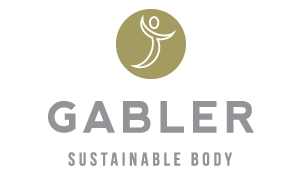Trauma is biology
"Trauma is biology, not psychology." Aimie Apigian, MD
The experience of trauma resides in the body. What was the body's response at the time? Most likely the body was overwhelmed with sensation. Often we can look at early attachment styles developed in childhood. If one's attachment was secure, children grow up with a certainty that things will be okay. If one's attachment was insecure for various reasons, a child does not feel safe and the body goes into an automatic defense mode. The body adapts to insecurity which develops bracing patterns that end up as muscular tension. The body becomes rigid and life's challenges make us more rigid. We lose our flexibility and the ability to absorb shock and to bounce back.
The bodywork world is revealing that the body can release these rigid tension patterns and create a pliability that creates a buffer zone from stress and allows the body to bounce back with more resilience. We can actually change our biology through the body!


